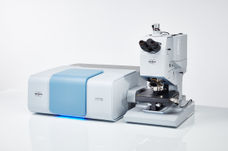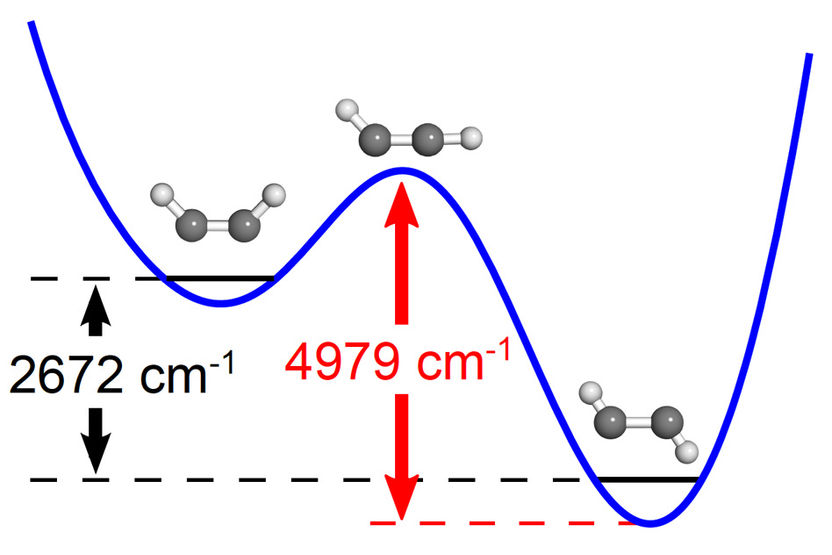‘Terminator’ polymer that regenerates itself
Scientists in Spain have reported the first self-healing polymer that spontaneously and independently repairs itself without any intervention. The new material could be used to improve the security and lifetime of plastic parts in everyday products such as electrical components, cars and even houses.
The authors have dubbed the material a ‘Terminator’ polymer in tribute to the shape-shifting, molten T-100 terminator robot from the Terminator 2 film.
Self-healing polymers that can spontaneously achieve quantitative healing in the absence of a catalyst have never been reported, until now. The scientists prepared the self-healing thermoset elastomers from common polymeric starting materials using a simple and inexpensive approach.
A video shows that the permanently cross-linked poly(urea-urethane) elastomeric network completely mends itself after being cut in two with a razor blade. A metathesis reaction of aromatic disulphides, which naturally exchange at room temperature, causes the regeneration.
The polymer behaves as a Velcro-like sealant or adhesive, displaying an impressive 97 per cent healing efficiency in just two hours. The material is unbreakable when stretched manually, following its division into two separate pieces by cutting with a razor blade.
Original publication
A Rekondo et al, Mater. Horiz., 2013
Most read news
Original publication
A Rekondo et al, Mater. Horiz., 2013
Organizations
Other news from the department science
These products might interest you

Spinsolve Benchtop NMR by Magritek
Spinsolve Benchtop NMR
Spinsolve is a revolutionary multinuclear NMR spectrometer that provides the best performance

Eclipse by Wyatt Technology
FFF-MALS system for separation and characterization of macromolecules and nanoparticles
The latest and most innovative FFF system designed for highest usability, robustness and data quality

HYPERION II by Bruker
FT-IR and IR laser imaging (QCL) microscope for research and development
Analyze macroscopic samples with microscopic resolution (5 µm) in seconds

Get the chemical industry in your inbox
By submitting this form you agree that LUMITOS AG will send you the newsletter(s) selected above by email. Your data will not be passed on to third parties. Your data will be stored and processed in accordance with our data protection regulations. LUMITOS may contact you by email for the purpose of advertising or market and opinion surveys. You can revoke your consent at any time without giving reasons to LUMITOS AG, Ernst-Augustin-Str. 2, 12489 Berlin, Germany or by e-mail at revoke@lumitos.com with effect for the future. In addition, each email contains a link to unsubscribe from the corresponding newsletter.
Most read news
More news from our other portals
Last viewed contents
DKSH reports increasing demand and success for supplier audit and certification
Dynal Biotech: Magnetic Bead Chromatography: No Columns Required
M+W Group sells its Automation Business
Evolva reaches milestone in BASF collaboration


























































